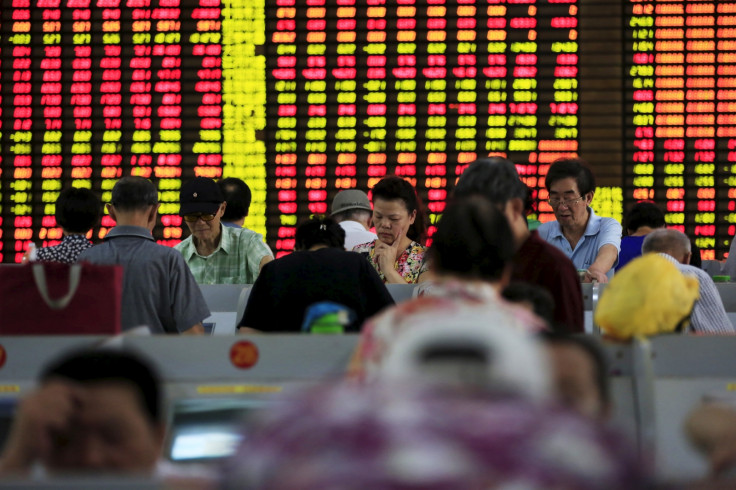China stockmarket rebound the result of 'secret' government intervention

The Chinese government is suspected to have secretly intervened in the declining stock market in Shanghai, according to unnamed sources in the country.
Bloomberg reported that people familiar with the matter said the 5.3% increase in the stock market was a result of intervention by China's communist government, which allegedly bought stocks from big companies on Thursday.
The rebound of the Shanghai Composite was originally attributed to a jump in Wall Street stocks, which in turn responded to positive data from the US Department of Commerce.
However, those with knowledge of the matter have told news sources that the Chinese government has continued efforts to stabilise the market. Since early July, the Communist Party of China has introduced measures such as buying stocks and prohibiting large investors from selling for six months, but those measures were all public.
Bloomberg said the new secret measures were introduced in an effort to stabilise the stock markets before 3 September, when the country will celebrate what officials call "The 70th Anniversary of Victories in the Chinese People's War of Resistance Against Japanese Aggression and the World Against Fascism".
The day, which will see the thousands of People's Liberation Army soldiers march to celebrate the victory, has been overshadowed by the financial crash in China.
The government was expected to stop meddling with its "free" market, according to analysts and investors. Chinese authorities are alleged to have bought up more stock to artificially move the markets but this was not made public.
Although the government announced it had cut reserve ratios and interest rates, to stimulate possible investments and further spending, that was seen as a move to pump up the overall economy rather than the Chinese stock market.
Meanwhile, Reuters also said that inside sources claim that government-owned financial bodies have tried to manually increase the value of the Chinese Yuan, which has lost over 3.2% in value against the US Dollar since the beginning of August.
"Major state banks did some large deals, supporting the yuan's value," a European bank dealer based in Shanghai told the newswire, adding: "While we cannot be 100 percent sure, such large transactions are typically conducted on behalf of the central bank."
© Copyright IBTimes 2025. All rights reserved.






















